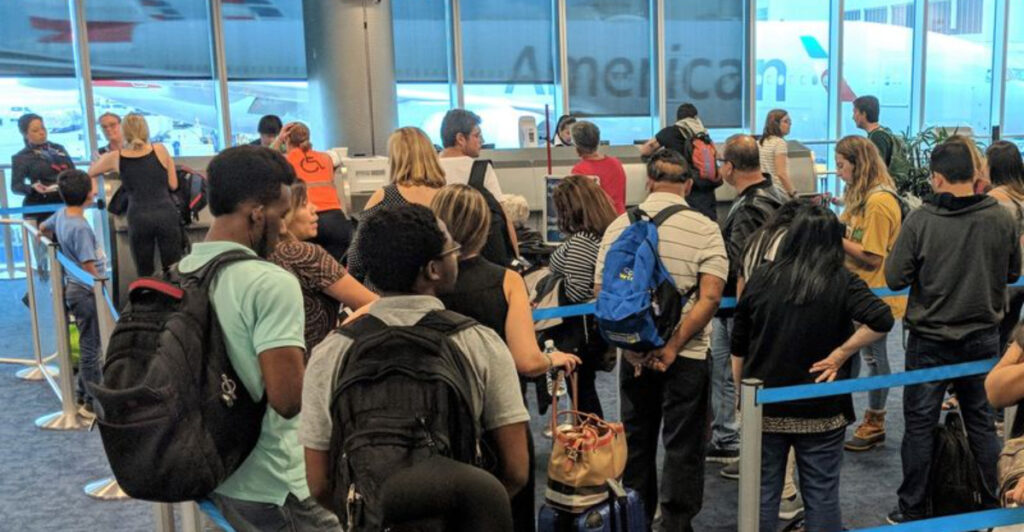Smart travelers know that saving money goes far beyond booking the cheapest flight or staying in budget hotels. Hidden opportunities exist throughout your journey that most people never discover or think to explore. From airline policies that work in your favor to timing tricks that slash costs, these lesser-known strategies can dramatically reduce your travel expenses while often improving your experience.
1. Add a free or cheap stopover and see two cities on one ticket

Airlines often allow extended layovers at their hub cities without charging extra airfare, turning what could be wasted transit time into bonus vacation days. Major carriers like Icelandair, TAP Air Portugal, and Turkish Airlines have formalized these programs, offering multi-day stopovers with additional perks.
Icelandair’s program lets transatlantic passengers spend up to seven days in Reykjavik at no extra flight cost. TAP Air Portugal extends this to ten days in Lisbon or Porto, often including partner discounts on hotels and attractions.
Turkish Airlines goes further by providing complimentary hotel nights for qualifying connections in Istanbul. Check your airline’s stopover policies before booking to maximize your travel value.
2. Track prices and use flexible-date tools before you buy
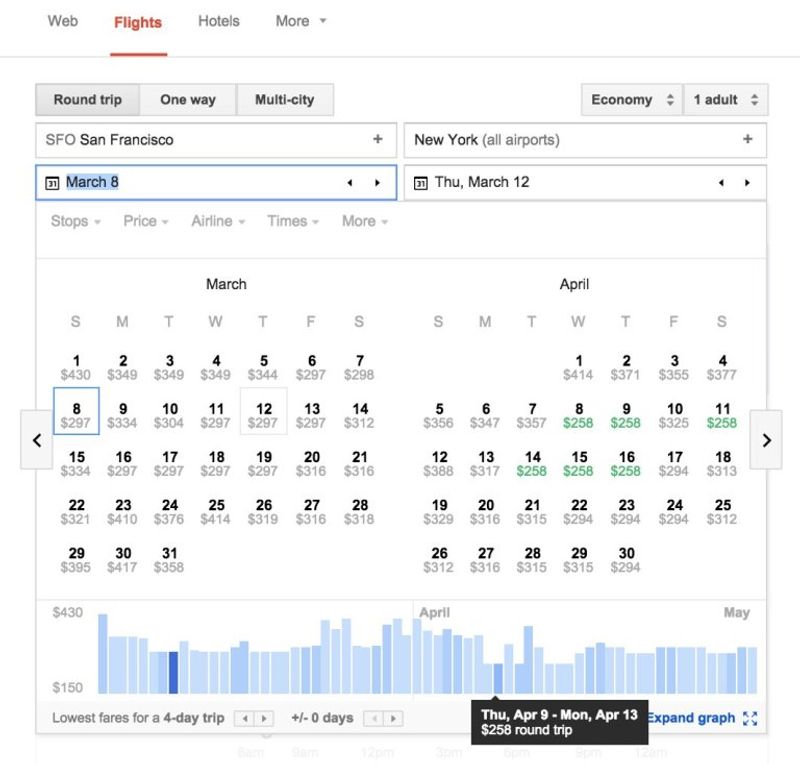
Google Flights’ price tracking feature sends email alerts whenever fares change for your desired route, eliminating the need to constantly check prices manually. This automated monitoring can catch sudden price drops that last only hours or days.
The platform’s Date Grid and Price Graph tools reveal pricing patterns across different departure and return dates. Shifting your travel by just a day or two often results in significant savings without major inconvenience to your plans.
These tools work best when you start monitoring prices several weeks before booking. Set up tracking for multiple route options to compare not just dates, but different airports and connection cities for maximum flexibility.
3. Compare nearby airports—average fares really do vary
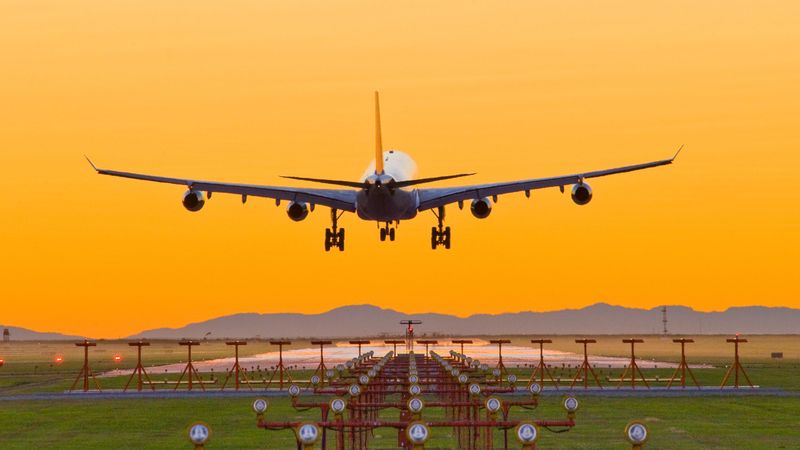
Government transportation data confirms that airports within the same metropolitan area often have dramatically different average ticket prices. These variations stem from airline competition levels, airport fees, and route popularity at each facility.
Major cities frequently have multiple airport options worth checking. New York area travelers can compare JFK, LaGuardia, and Newark, while Bay Area residents have San Francisco, Oakland, and San Jose options.
The Bureau of Transportation Statistics publishes this fare data publicly, making it easy to identify which airports consistently offer better deals. Factor in ground transportation costs when making your final decision, as savings can offset slightly longer drives to alternate airports.
4. Trade a hotel night for an overnight train or sleeper

European night trains have experienced a renaissance, with modern sleeper cars offering comfortable alternatives to flying plus hotel stays. Austria’s ÖBB Nightjet network connects major cities across central Europe with sleeping compartments that include bedding and basic amenities.
These services combine transportation and accommodation costs into one ticket, often costing less than separate plane and hotel bookings. You arrive refreshed at your destination in the morning, ready to start sightseeing immediately.
Beyond cost savings, overnight trains eliminate airport security hassles and provide scenic routes impossible to see from 30,000 feet. Book sleeper compartments early for the best prices and availability during peak travel seasons.
5. Know your rights: refunds & compensation can put cash back in your pocket
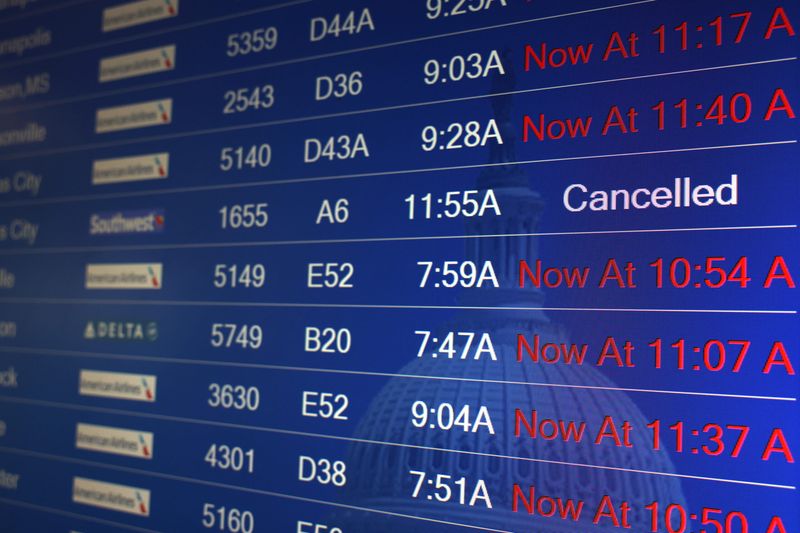
Airline passenger rights vary significantly by region, but knowing these rules can result in substantial refunds or compensation when flights go wrong. U.S. passengers are entitled to full refunds for cancelled flights or significant schedule changes, regardless of ticket type.
European Union regulations go further, providing set compensation amounts for delays, cancellations, and denied boarding situations. These payments can reach hundreds of euros per passenger, depending on flight distance and delay duration.
Many travelers accept airline credits or vouchers without realizing they qualify for cash refunds. Research your rights before flying and document any disruptions with photos and timestamps to support compensation claims.
6. Reprice your ticket: no-change-fee policies can work in your favor
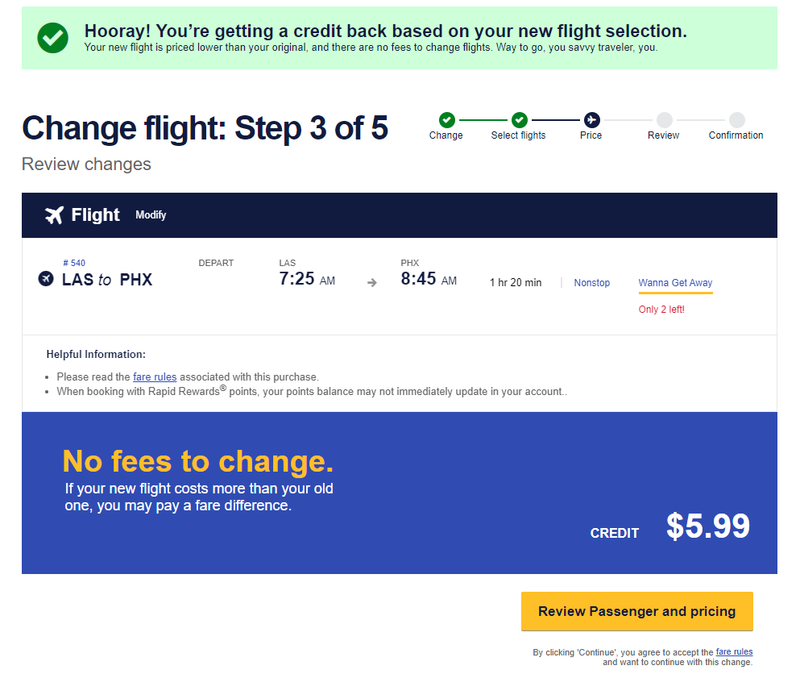
Most major U.S. airlines eliminated change fees on standard tickets, creating opportunities to benefit when prices drop after booking. If your route becomes cheaper, you can often change to the lower fare and receive the difference as future flight credit.
This strategy works best on routes with volatile pricing or when booking far in advance. Monitor your booked flights periodically using the same tools you used for initial price tracking.
Each airline has specific rules about fare differences and credit policies, so review terms before attempting changes. United, Delta, and American publish their flexibility policies online, making it easy to understand your options before contacting customer service representatives.
7. Bags matter: pick fares that include what you need
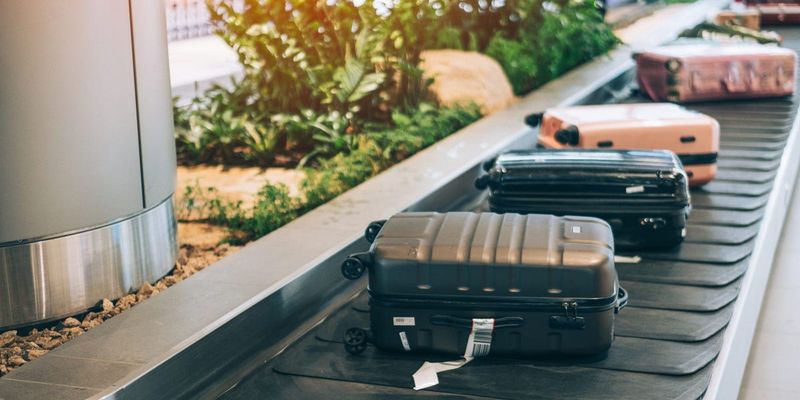
Baggage fees can quickly exceed your base ticket price, making it crucial to understand what each fare type includes before booking. Southwest recently restructured their offerings, with some lower fares now charging for checked bags while premium options maintain free baggage allowances.
Calculate total trip costs including bags, seat selection, and other add-ons when comparing fares across airlines. Sometimes a slightly higher base fare that includes checked bags costs less than a budget ticket plus fees.
Credit card holders and airline elite status members often receive baggage benefits regardless of fare type. Check your benefits before booking to avoid paying unnecessary fees on qualifying tickets.
8. Cut phone costs with a travel eSIM or local data plan
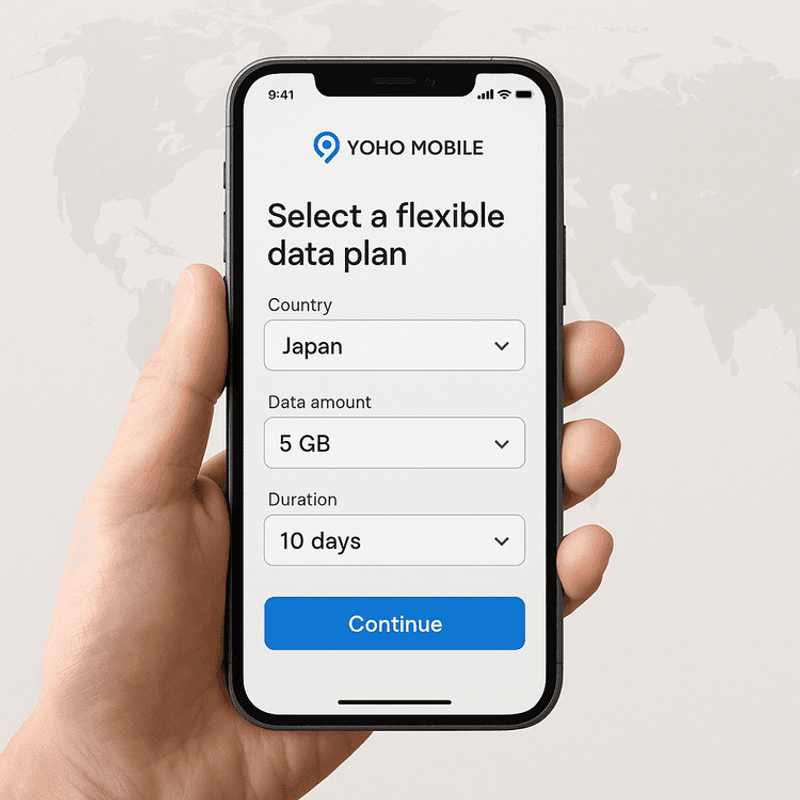
International roaming charges from home carriers can cost $10-15 per day, quickly adding hundreds to your travel budget. Prepaid eSIM data plans from specialized providers often cost a fraction of these daily rates for the same coverage.
Modern smartphones support eSIM technology, allowing you to download local data plans before departure or upon arrival. These plans typically provide high-speed data without voice calling, perfect for navigation, translation apps, and staying connected.
Research eSIM providers and coverage areas before traveling to ensure compatibility with your devices and destinations. Apple and Android provide built-in settings to manage multiple data plans and avoid unexpected charges from your primary carrier.
9. Do the math on city attraction passes

Tourist attraction passes promise savings and convenience, but they only provide value if you’ll actually visit enough included sites. Popular passes like Paris Museum Pass and The London Pass cover dozens of attractions but require strategic planning to maximize benefits.
Create a realistic itinerary before purchasing, considering travel time between attractions and your sightseeing pace. Some passes include skip-the-line benefits that provide value beyond pure cost savings, especially during peak tourist seasons.
Compare pass prices against individual admission costs for your planned activities. Factor in any transportation benefits or restaurant discounts included with premium passes when calculating total value for your specific travel style.
10. Say “yes” (strategically) to volunteering on oversold flights
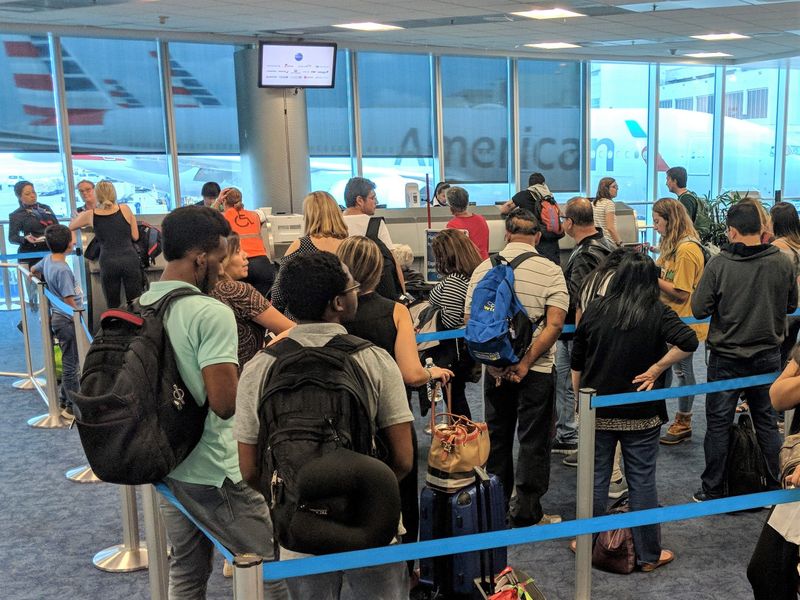
Oversold flights create opportunities for flexible travelers to earn substantial compensation in exchange for taking later flights. Airlines typically start with modest voucher offers but increase amounts when few passengers volunteer initially.
Gate agents have discretion to negotiate compensation, especially if you’re polite and flexible about rebooking options. Ask about cash payments instead of vouchers, meal allowances for extended delays, and hotel accommodations if overnight stays become necessary.
Federal regulations set minimum compensation levels for involuntary bumping, but voluntary agreements often exceed these amounts. Consider your schedule flexibility and negotiate confidently, as airlines prefer volunteers over forcing passengers off flights.
11. Road-tripping? Stack grocery fuel points before you fill up

Major grocery chains award fuel points for purchases that convert to significant per-gallon discounts at partner gas stations. Kroger’s program typically offers 10 cents off per gallon for every 100 points earned, with some locations allowing up to $1.00 per gallon savings.
Gift card purchases during promotional periods can accelerate point earning dramatically. Buying restaurant, retail, or travel gift cards you’ll use anyway can generate hundreds of fuel points quickly.
Plan major grocery shopping and gift card purchases before road trips to maximize fuel savings. Check point expiration dates and redemption limits at your preferred gas stations to optimize timing and usage strategies.
12. Time park visits for free-entrance days
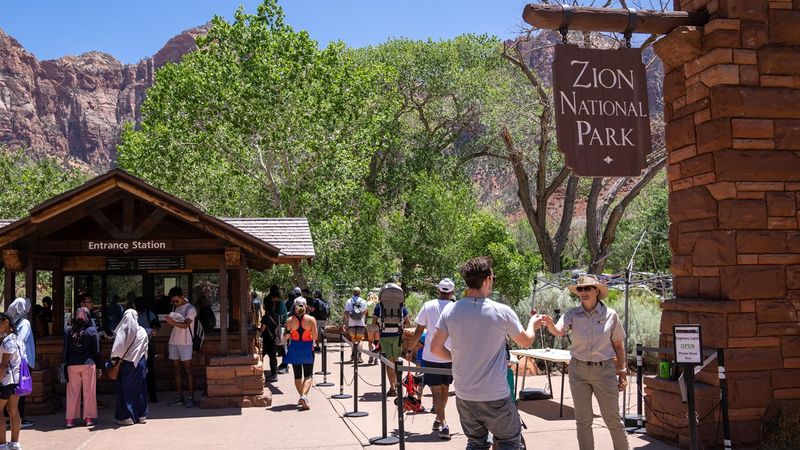
The National Park Service designates specific dates each year when entrance fees are waived at all parks, providing opportunities to explore America’s natural treasures without admission costs. The 2025 calendar includes six free days, from Martin Luther King Jr. Day to Veterans Day.
Popular parks can become crowded during free entrance days, so arrive early or choose less-visited locations for better experiences. Some parks still require timed-entry reservations or charge separate fees for specific activities regardless of free admission status.
Plan camping or lodging reservations well in advance for free entrance weekends, as these dates attract significantly more visitors than typical periods. Consider visiting lesser-known parks or monuments for equally stunning experiences with smaller crowds.

